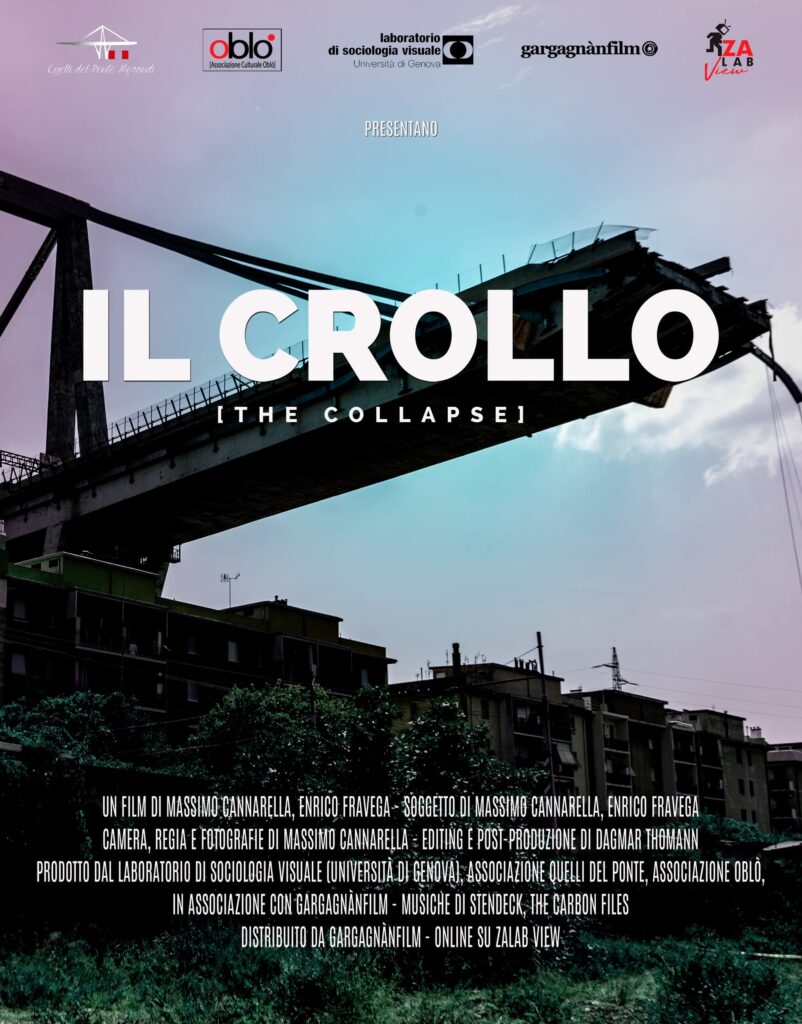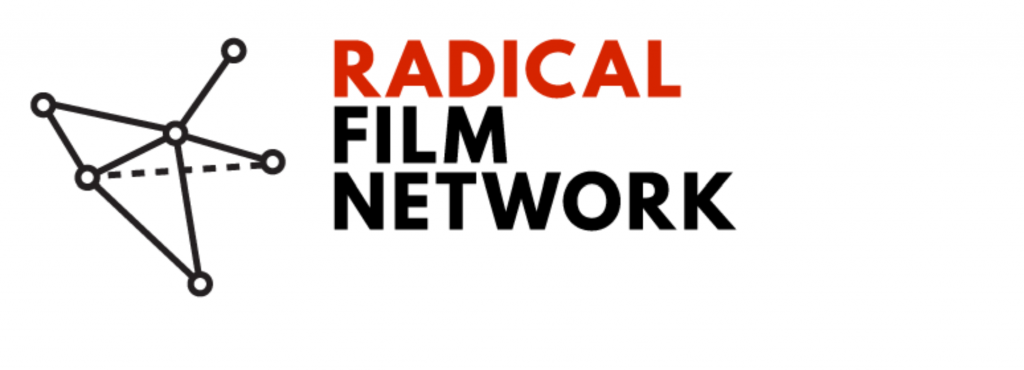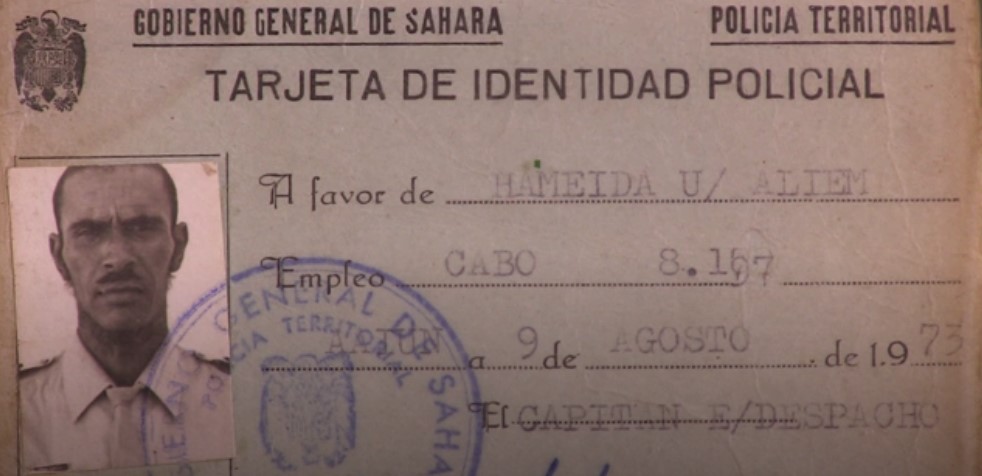Prima proiezione pubblica de “Il Crollo”. Venerdì 3 marzo, alle 20:30 presso il Circolo Amici del Cinema (Genova)

Venerdì 3 marzo, alle ore 20:30
presso il Club Amici del Cinema di Sampierdarena
Genova – Via Carlo Rolando, 15
prima proiezione del documentario “Il crollo”, di Massimo Cannarella ed Enrico Fravega.
Alla proiezione, oltre agli autori e ad alcune persone coinvolte direttamente da quel tragico evento, saranno presenti il sociologo Paolo Boccagni, dell’Università di Trento, esperto di pratiche di home-making e migrazioni e lo scrittore Luciano Ricci, ex abitante di Via Porro..
Il documentario mette a fuoco il vissuto delle persone sfollate a causa del crollo del Ponte Morandi di Genova. Utilizzando metodi propri della sociologia visuale, autori e abitanti di Via Porro hanno collaborato per decidere i temi da affrontare e il tono del documentario, le modalità e i luoghi delle interviste e gli eventi importanti da raccontare.
Le riprese sono iniziate il giorno stesso del crollo e sono continuate per circa diciotto mesi. Gli autori hanno frequentato quasi quotidianamente i luoghi e i quartieri intorno al ponte Morandi, e hanno iniziato a sviluppare una riflessione insieme agli sfollati, cercando di rimanere al di fuori dell’immediatezza giornalistica. Il documentario intende raccontare un’esperienza collettiva nel suo svolgersi, fino al ritorno ad una differente normalità.
Sono stati realizzati diversi momenti di dialogo collettivo, laboratori narrativi in cui le persone rimaste senza casa ragionavano e si confrontavano liberamente su temi lanciati dai due autori. Il percorso è iniziato circa sei mesi dopo il crollo, quando tutte le persone avevano trovato qualche forma di sistemazione abitativa semi-stabile, attraversa la demolizione del ponte Morandi e arriva a raccontare la ricerca di un ritorno ad una normalità: chi ha cambiato quartiere, chi è rimasto nello stesso e chi non riesce più a immaginarsi in nessun luogo.




